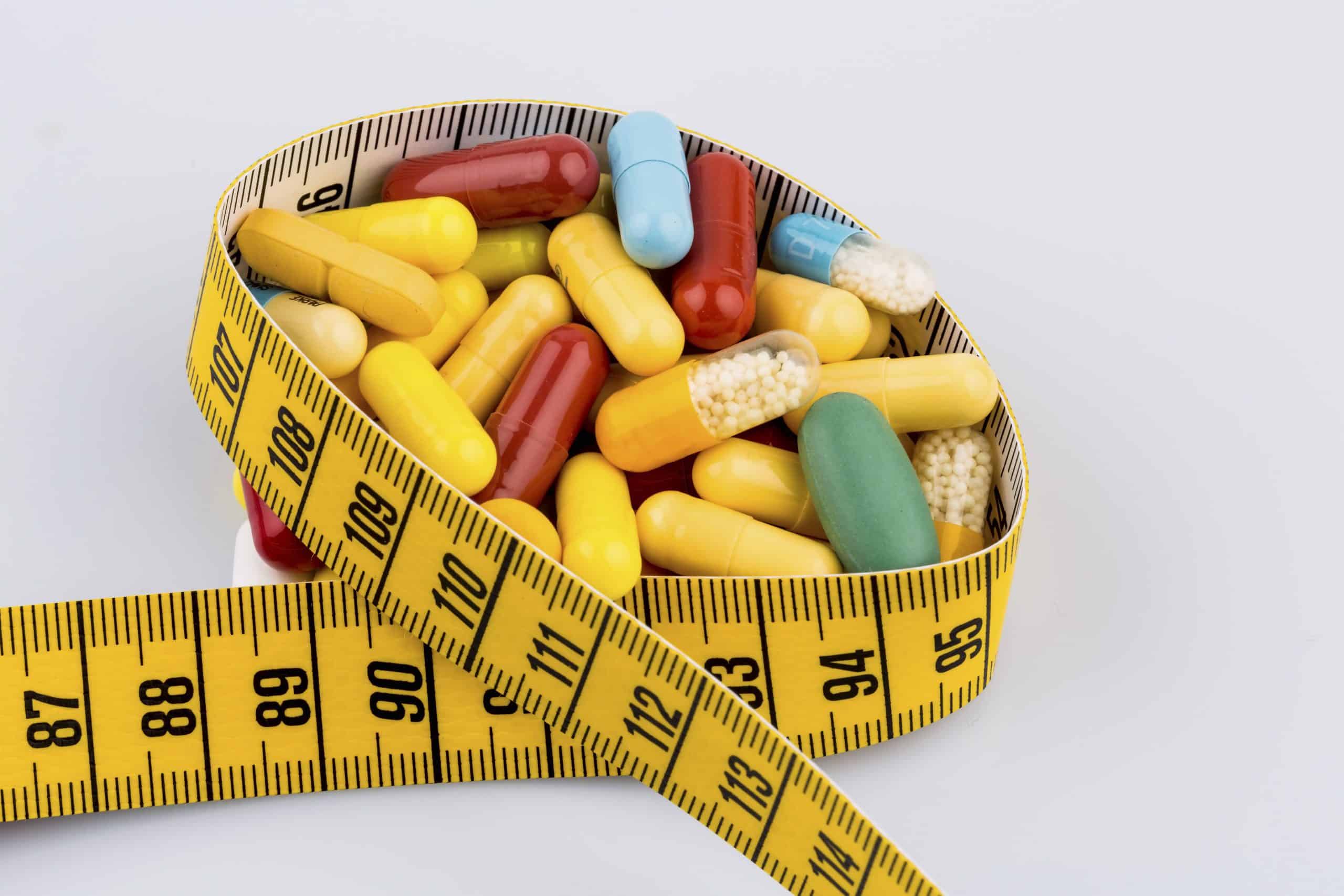When you see the term appetite suppressant, chances are you think of a pill or a powder that will help you lose weight. But what exactly does it mean to suppress your appetite? Is there such a thing as a natural appetite suppressant? In this article, we’ll explore the concept of an appetite suppressant and how they work.
Appetite suppression is one of the most common reasons people turn to weight loss supplements. Suppressants can be in the form of pills, powders, or even extracts from plants. They all aim at suppressing your appetite so that you eat less often and thereby lose weight.
But do these products actually work? Let’s take a look.
One of the first things to remember about supplements is that they don’t necessarily do what they say on the label. For example, a product might claim to “suppress your appetite,” but it could just make you feel slightly hungrier instead. This happens because different foods have different effects on our bodies, and some food supplements may affect your body differently than others. Also, many of these products contain compounds that aren’t found in nature, which means they may not have the same effect as their natural counterparts.
The working of an appetite suppressant is to cut down excessive fat cells from human body. you can buy natural and organic supplements which will not cause any side-effect. Also, the working of these suppressant is very basic. You can consume it easily and if you will have it early in the morning then you will grab all the best results. You must follow a healthy diet routine while consuming supplements for reducing weight.

How appetite suppressants work
Suppressants are usually in the form of pills, powders, or liquids. When you put them under your tongue, they dissolve into your mouth and enter your bloodstream through your saliva glands. The active ingredient(s) then travel through your blood stream to reach your brain where they affect your appetite centers. Some ingredients can also inhibit your ability to absorb nutrients and calories from food.
The exact mechanism behind how suppressants work isn’t fully understood, but researchers believe that they either suppress your hunger hormones, decrease the rate of absorption of nutrients, lower the amount of oxygen reaching your stomach area, or increase the amount of glucagon circulating in your blood. Glucagon is a hormone normally associated with increased energy levels.
Hormones
Your brain has two key hormones – ghrelin and leptin – that tell you when you’re hungry and full, respectively. Ghrelin is a hormone that tells you to eat more (it stimulates the release of other hormones that cause us to want to eat). Leptin is a hormone that signals your body that you’ve had enough to eat. Both of these hormones play important roles in regulating our appetites.
Suppressants work by interfering with the way ghrelin and/or leptin functions. It’s been suggested that these drugs may prevent the production of ghrelin altogether, or block its receptors, or change the way its action is interpreted by your brain. Some studies show that appetite suppressants can actually reduce leptin levels in the blood, which could lead to decreased fat-burning activity and reduced energy expenditure.
Another possibility is that suppressants interfere with the way your body processes leptin. Researchers have observed that many of the ingredients in suppressants can actually bind to leptin, preventing it from being absorbed by cells in your stomach and intestine. This could also result in increased leptin levels in your blood, making you feel hungrier.
Stomach Oxygenation
Some researchers have theorized that suppressants work by decreasing the amount of oxygen available to your stomach. They believe that the reason for this is because the majority of energy used by your body is burned in your digestive system, including in your stomach. If there’s less oxygen available, your stomach will use up less energy while digesting food, leading to feeling fuller sooner.
This theory seems unlikely given the fact that suppressants don’t always seem to have any impact on satiety. If this were really the case, we would expect to see a correlation between how long it takes to feel full after taking a suppressant and how much weight you lose; however, this doesn’t appear to be the case.

Glucagon
Glucagon is a hormone produced by the pancreas in response to low blood glucose levels. Its function is to stimulate the liver to produce glucose. Suppressants increase the level of glucagon circulating in your blood, which results in increased blood sugar levels. However, studies have shown that the effect of glucagon on appetite is minimal.
A study published in the Journal of Clinical Endocrinology & Metabolism suggests that the effect of suppressants on appetite is due to factors other than glucagon. Specifically, the authors suggest that suppressants may alter gut motility or decrease nutrient absorption, both of which can affect appetite.
Other Mechanisms
In addition to the mechanisms listed above, suppressants may also act on specific areas of the brain responsible for hunger and satiation. For example, research published in the journal Neuroscience suggests that certain regions of the hypothalamus (a part of the brain involved in appetite regulation) respond differently to various suppressants. These differences may explain why some suppressants seem to work better than others.
Another possible mechanism is that the ingredients in suppressants may influence gut bacteria, which can impact your appetite. It’s unclear whether these compounds actually interact with your microbiome, but some studies indicate that they may.
